George Sand by Nadar
Amantine Lucile Aurore Dupin de Francueil (1804–1876), better known by her pen name George Sand, was a French novelist, memoirist, and social activist, considered one of the most influential writers of the 19th century. Born into an aristocratic family, Sand's early life was marked by personal tragedy, including the loss of her mother and a strained relationship with her father. She later became famous for her unconventional lifestyle and literary works, which challenged societal norms.
Sand was known for her advocacy of women's rights, social justice, and her exploration of themes such as love, freedom, and gender roles. Her works often questioned the limitations placed on women in society and explored the complexities of relationships. Some of her most famous works include Indiana (1832), Lélia (1833), and La Mare au Diable (1846), the latter of which reflects a more pastoral and romantic style.
George Sand was also famous for her personal life, particularly her relationships with prominent men, including the composer Frédéric Chopin, with whom she had a passionate and often turbulent romantic relationship. Their relationship, as well as her various romantic entanglements, drew both public attention and criticism.
Throughout her life, Sand was an outspoken advocate for social reforms and became involved in political matters, particularly during the 1848 Revolution in France. She was a strong voice for the working class and supported various progressive causes.
Despite facing criticism for her gender and lifestyle, George Sand's literary legacy remains significant. Her works continue to be read and admired for their exploration of the human condition and their progressive ideas, particularly in the context of women's roles in society.
Comentarios
Envíado por

OldPik
7 de enero de 2024
Fuente
Enlace externo a la fuente¿Tienes fotos antiguas?
Comparte tus fotografías históricas y ayuda a preservar nuestra memoria colectiva.
Subir fotos

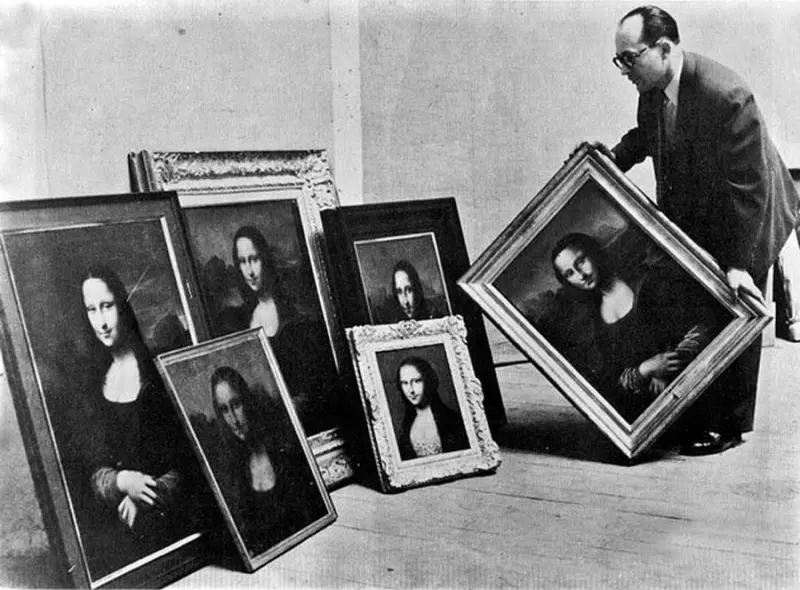
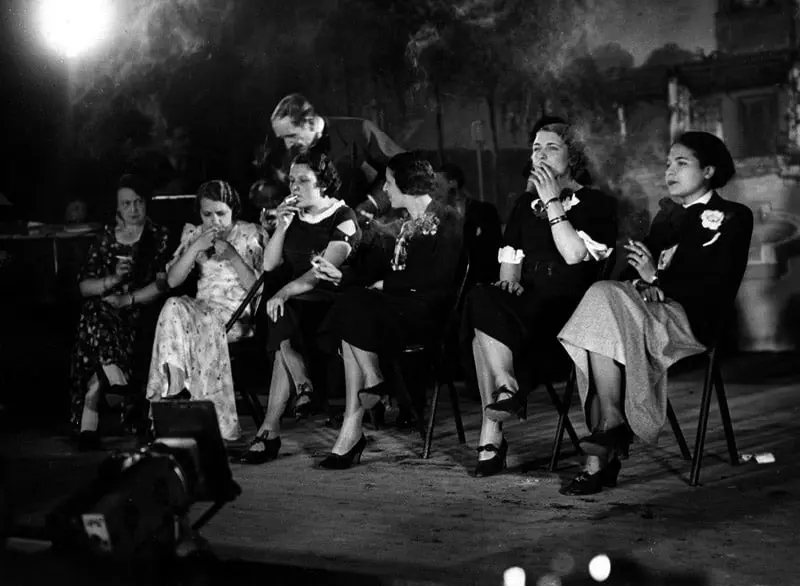

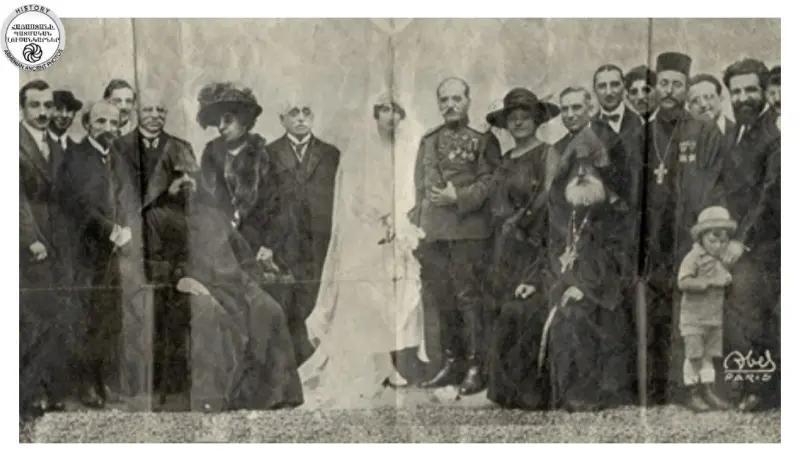



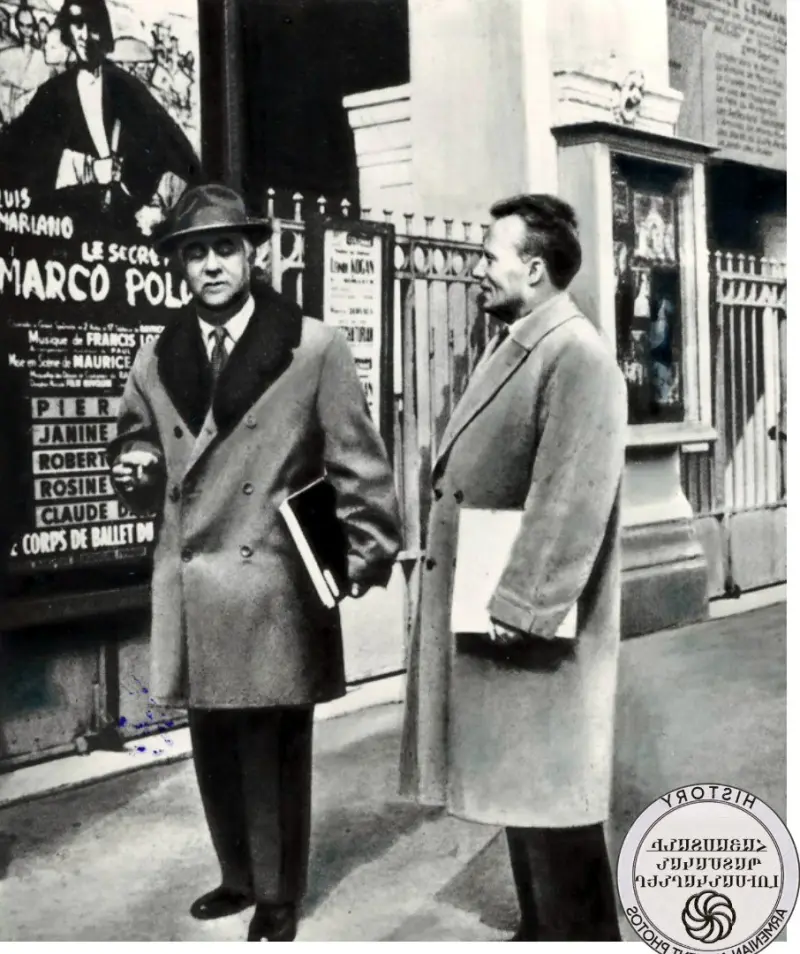


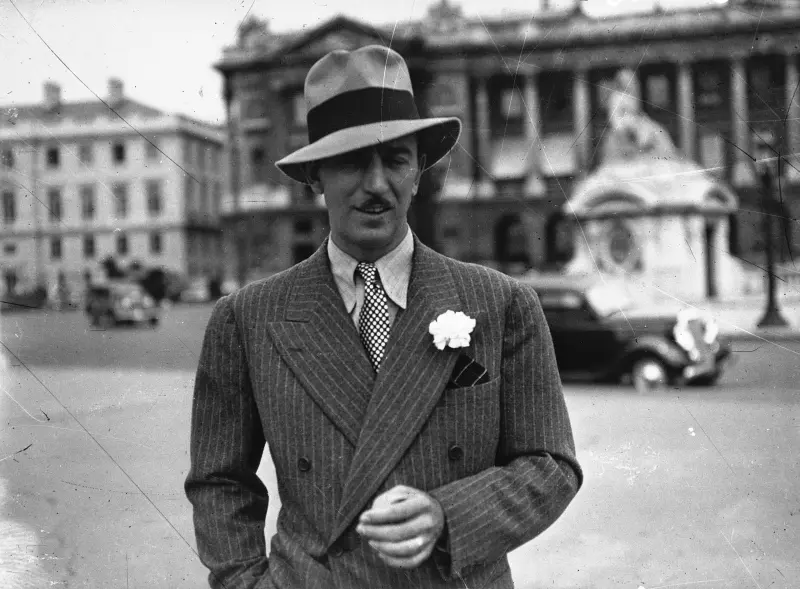

Sin comentarios aún, sé el primero en comentar...